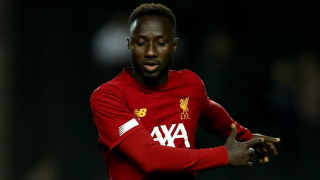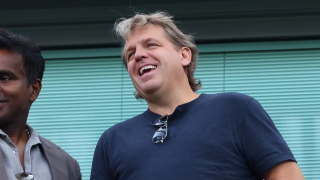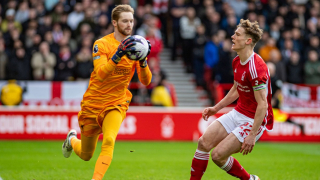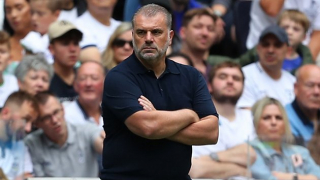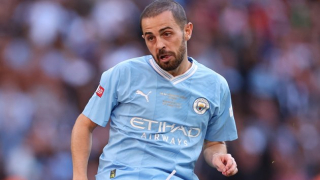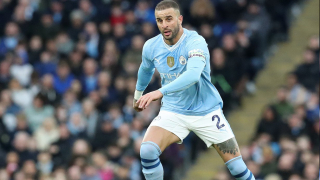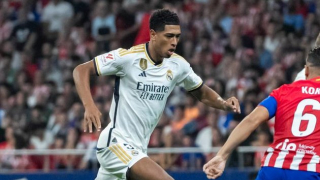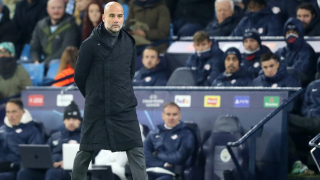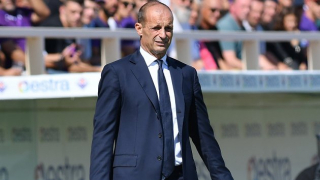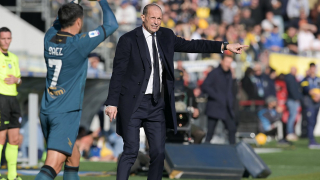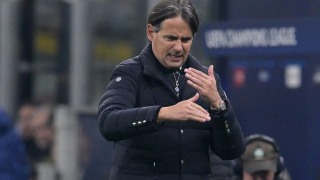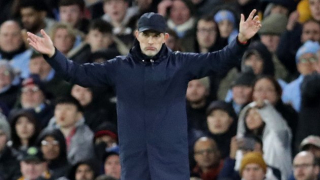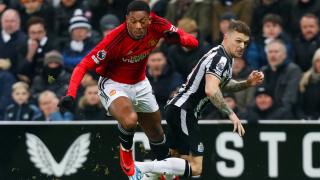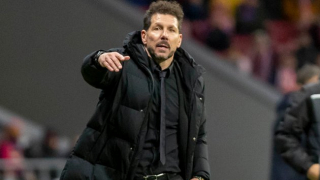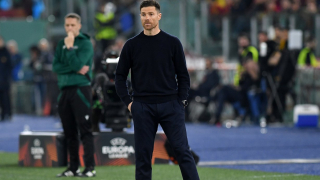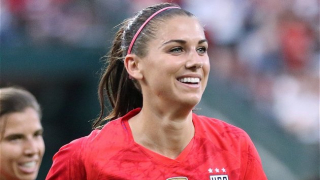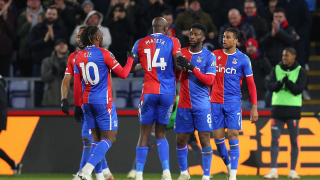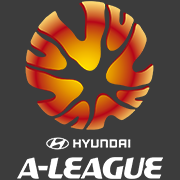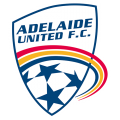It hardly seems credible now, but those with long memories might recall that four years ago the FFA was scratching around for would be investors in its new, yet-to-be constituted Australian A-League. While billionaire chairman Frank Lowy was always likely to be good for the odd couple of million and more to help bankroll the Sydney franchise things weren't so simple elsewhere. Adelaide United - along with Perth Glory, the other "acceptable face'' of old soccer - morphed into "new football'' franchises, while the rump of Northern Spirit moved up the highway to Gosford and became Central Coast Mariners. Queensland Lions evolved into the Roar, and multi millionaire Con Constantine continued his involvement with Newcastle.
Improbable as it now might seem - given its record crowds and ever growing support - Melbourne was regarded as the problem child for the new football revolution. Investors were thin on the ground, and the FFA was concerned that the strength of the AFL might make the Victorian capital the most difficult place to gain traction for the new competition.
They were right. The original backers did find it hard to attract financial support. Geoff Lord - a former chairman of an AFL club, Hawthorn, was the most high profile businessman to take a punt with what was reported to be a $250,000 commitment. Some of Lord's friends, and other football faces took stakes, but with small sums. Melbourne couldn't raise the $5 million required to meet the original license conditions, and the FFA had to take a stake in the Victory to ensure it got up and running.
How things change.
We now have an eight team league which is growing to ten next year, and most likely a dozen the following season.
There is no shortage of cashed up investors prepared to ante up for what is now one of the more attractive new sports business prospects on the domestic horizon, despite the fact that it isn't all that cheap.
These days it costs $6 million to get a seat at the table if you want to play in the league: that's the sum the FFA require as an adequate "capital base'' for any would be franchisor. The salary cap for players has risen from $1.5 million in season one to $1.9 million now, but that is only part of the story.
The "additional services agreement'' allows top up payments, sweeteners to give stars more than they could gain under the cap. The ASA is 25 per cent of the cap, so this year it is around $475,000, and in season five, when Gold Coast and Townsville come into the league, it will be $500,000 (on top of the $2 million salary cap). The cap goes up by $100,000 for the next couple of years and then will rise in line with whatever the inflation figure is.
But as we have seen with the AFL, the salary cap, which does keep a relatively level playing field (at least where players are concerned) is only part of the story. There is no cap on the amount coaches can get paid, on what a marquee player earns, or how much a club spends on ancillary staff, medical support, fitness trainers, or other support personnel. Nor is there any restriction on what is spent on scouting and recruiting.
An FFA insider told this column that the clubs are currently spending between $4 and $8 million, with, as he put it, "the league table showing the benefits'' for those which have more cash to splash on the non playing side of the business.
In a cut throat business where the margins between success and failure are thin this is where the differences are likely to be played out. It is hard to think that Melbourne and Sydney, clubs from the biggest media and financial markets in the country, won't have an ongoing edge in this arena.
While it is good for the game to have sides from the biggest cities in the country in prominent positions, it would not be good if they were to enjoy the kind of monopoly that we consistently see in all the big European leagues. Therefore the salary cap and its equalising mechanism needs to stay, for the foreseeable future.
Michael Lynch is the chief soccer writer of The Age, Melbourne, and a regular contributor to the Sydney Morning Herald and other Fairfax Media titles.

